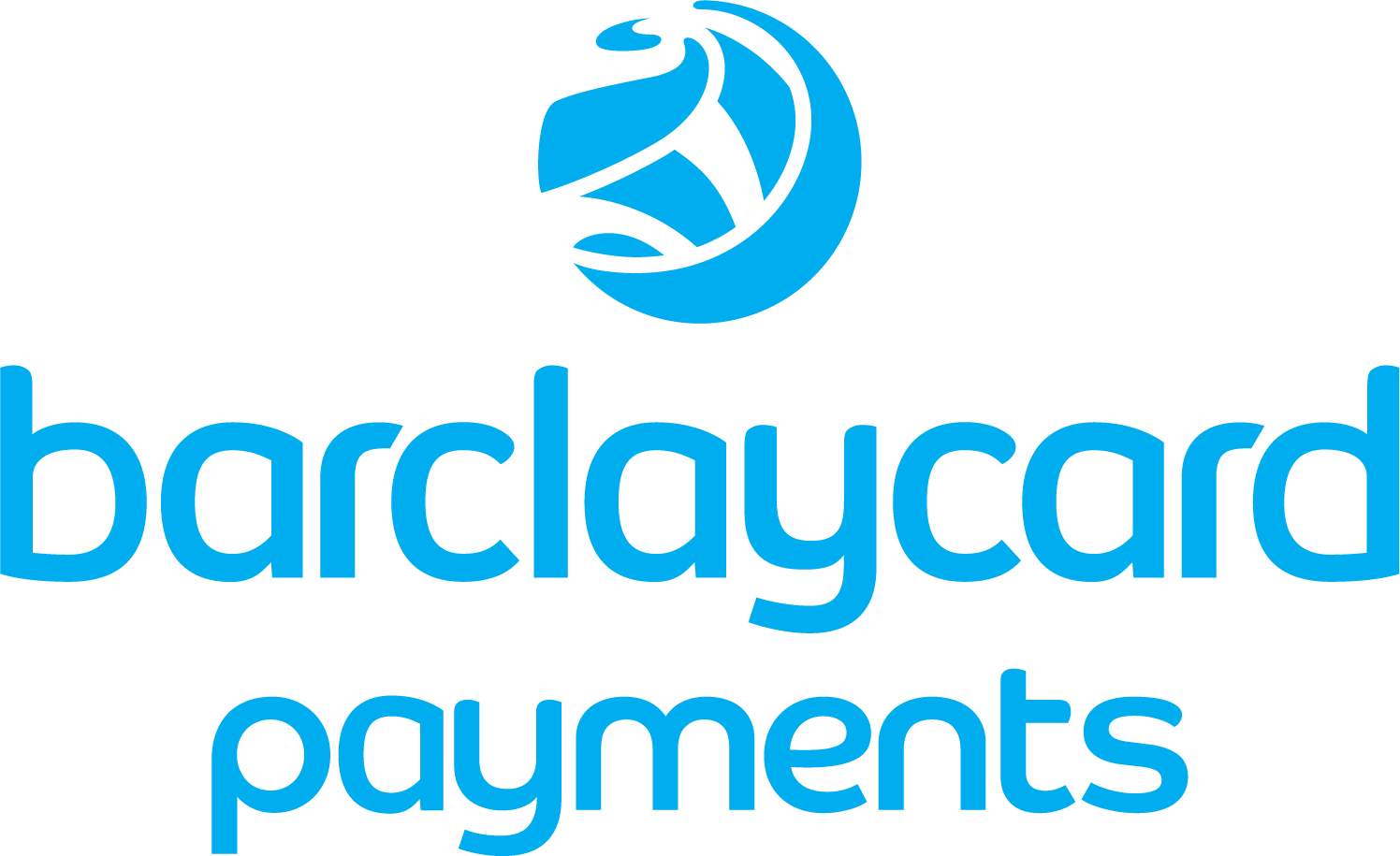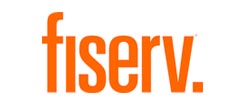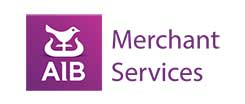- Accept card payments – lowest rates from 0.27%
- Keep your card processing fees to a minimum
- Direct access to the UK’s leading card processing banks
- We ensure your rates always remain competitive
No spam emails or calls
Choose from the payment methods then click Next
What's your turnover each month?
Enter the name of your company
Enter your company's postcode and contact number
Tell us what you need
Fill in our quick form and we’ll give you a call for a brief 5-minute chat to understand exactly what you're looking for.
Get tailored quotes
We’ll match you with up to three of the most competitive offers from our trusted providers that suit your business.
Pick with confidence
We’ll help you understand the options so you can choose the best fit — quickly, clearly, and without any pressure.






What are Payment Services?
Payment services sit at the heart of every card transaction, bank transfer, wallet top‑up or direct debit. For UK businesses, understanding how these services work—and how they’re regulated—has become business‑critical as digital commerce expands, fraudsters get smarter and the rules keep moving. This deep‑dive (about 2 100 words) explains what payment services are, who provides them, how the UK and EU frameworks fit together after Brexit, and what the next wave of regulation means for firms, consumers and the wider economy.
Defining a “payment service”
At its simplest, a payment service is any activity that lets a payer move money to a payee. The UK Payment Services Regulations 2017 (PSRs 2017) adopt the EU’s second Payment Services Directive (PSD2) definition and list eight core services, including operating a payment account, issuing a payment instrument, executing credit transfers and enabling cash withdrawals.
|
Core service |
Everyday example |
Typical payment service providers |
|---|---|---|
|
Execution of credit transfers & Faster Payments |
Online banking, payroll |
Banks, authorised payment institutions |
|
Direct debit initiation |
Utility bills, subscriptions |
Banks, sponsor PSPs, bureaux |
|
Card acquiring & POS processing |
In‑store card acceptance |
Acquirers, ISO/MSPs |
|
Issuing electronic money |
Pre‑paid cards, e‑wallet balances |
E‑money institutions |
Because the legal list is technology‑neutral, new business models—from buy‑now‑pay‑later to “pay by bank” account‑to‑account (A2A) checkouts—slot into existing categories rather than needing bespoke legislation.
Key players in the UK ecosystem
-
Account‑servicing PSPs (ASPSPs): mostly banks and building societies that hold customer funds and give account access.
-
Non‑bank payment institutions: gateway providers, processors and remitters authorised under the PSRs 2017.
-
Electronic money institutions (EMIs): firms issuing electronic money; they must safeguard customer funds and meet prudential capital requirements.
-
Card schemes & payment systems: Visa, Mastercard and American Express as global schemes; Pay.UK operates Faster Payments and Bacs; the Bank of England runs CHAPS.
-
Technical service providers (TSPs): cloud hosts, fraud‑screening vendors and orchestration platforms that never touch client money but keep the rails running.
All of these organisations interact with millions of consumers, merchants and other users daily, processing billions of transactions and trillions of pounds.
The regulatory foundation—PSD2, PSD3 and life after Brexit
PSD2: the current law of the land
PSD2 took effect in January 2018 and was on‑shored into UK law as the PSRs 2017. It opened bank data to licensed third parties, introduced strong customer authentication (SCA) and harmonised information duties across EU member states.
PSD3 & the proposed EU Payment Services Regulation
In June 2023 the European Commission adopted draft legislation for a third Payment Services Directive (PSD3) plus a directly applicable Regulation that will merge payment and e‑money regimes, extend anti‑fraud measures and widen open‑finance access. Non‑bank PSPs will need fresh authorisation, stronger safeguarding and easier participation in core payment systems.
UK divergence—targeted tweaks rather than a full rewrite
The Treasury’s 2024 amendments to the PSRs let providers delay suspicious outgoing payments for up to four business days—a domestic push to combat authorised push‑payment fraud. The FCA’s November 2024 approach document tightened guidance on SCA, open‑banking interfaces and prudential risk, while the Payment Systems Regulator is consulting on a cap for cross‑border payments interchange fees.
Payment accounts, instruments and schemes
-
Payment account: any account used to send or receive funds—current, e‑money or credit‑card settlement.
-
Payment instrument: the “tool” used to give a payment order—plastic card, virtual card, mobile‑wallet token, direct‑debit mandate or open‑banking API call.
-
Direct debit: still popular for utilities and telecoms; new Confirmation‑of‑Payee checks have lowered mandate fraud.
-
Card payments: dominate retail markets but face competition from instant A2A models that leverage the UK’s Faster Payments System, which clears up to £1 million in seconds, 24/7/365.
-
SEPA credit transfers & SCT Inst: in the Single Euro Payments Area euro payments now settle in ≤10 seconds under the 2024 Instant Payments Regulation, with fee parity versus ordinary transfers by January 2025.
Access, authentication and technical standards
Open banking under PSD2 forced ASPSPs to provide secure APIs so licensed third parties could:
-
View consolidated balances (account‑information services)
-
Initiate payments on the user’s behalf (payment‑initiation services)
The forthcoming EU rules will widen that model into full open finance, covering savings, investments and insurance datasets. The European Banking Authority will draft new technical standards to ensure interoperability and cybersecurity.
SCA remains the cornerstone of payment fraud prevention, demanding two‑factor checks (something the payer knows, has or is) unless an exemption applies—important for low‑value card payments and merchant‑initiated transactions.
Payment fraud risks and liability
Fraudsters exploit real‑time rails, phishing for log‑ins or tricking customers into sending funds.
|
Risk |
Legal / industry response |
|---|---|
|
Authorised push‑payment fraud |
UK rules now allow a temporary hold on suspicious transfers and require reimbursement if detection or safeguarding was inadequate. |
|
Card‑not‑present fraud |
SCA plus scheme‑level tokenisation and network crypto. |
|
Direct‑debit mandate scams |
Pay.UK “Direct Debit Guarantee” and Confirmation‑of‑Payee name checks. |
|
Money‑muling & mule accounts |
Enhanced source‑of‑funds checks; data‑sharing via the National Fraud Database. |
Providers must file incident reports, maintain redress procedures and keep forensic data for regulators. Failure can lead to hefty FCA fines and, under the new EU Regulation, direct EBA enforcement.
Cross‑border payments and SEPA compliance
Even after Brexit, UK‑EU commerce relies on SEPA for euro clearing. UK PSPs that hold euro payment accounts in the EEA must respect the principle of equal charges for domestic and cross‑border payments, plus the new instant‑payment add‑on. Correspondent banking costs, FX spreads and scheme fees still drive friction, so fintechs are building multi‑currency wallets and embedded FX at point of sale.
Global adoption of ISO 20022 messaging is set to improve data quality, shrink reconciliation times and enable smarter fraud analytics.
Business models and commercial benefits
-
Acquirers & aggregators monetise merchant acquiring fees, analytics and charge‑back management.
-
Issuers earn interchange, interest on float and premium services (e.g., travel insurance).
-
Payment facilitators & orchestration layers win by simplifying multiple schemes, currencies and PSPs behind a single API—meeting merchant business requirements for reach and redundancy.
-
Platform models (marketplaces, gig‑economy apps) embed payouts and split settlements, relying on commercial‑agent or limited‑network exclusions that will narrow under PSD3.
For consumers and business clients the benefits include faster settlement, richer transaction detail, and—crucially—greater choice of how to pay, whether with cash, cards, e‑money or direct account‑to‑account rails.
Cost drivers and how firms can stay compliant
|
Cost or obligation |
Practical tip |
|---|---|
|
Licensing & prudential capital |
Seek early FCA feedback on novel propositions; consider EMI versus API permission scope. |
|
Safeguarding client funds |
Ring‑fence in designated accounts; reconcile daily; diversify partner banks. |
|
Scheme & interchange fees |
Benchmark against alternative acceptance rails (A2A, Request‑to‑Pay). |
|
Fraud controls & SCA |
Layer behavioural biometrics, 3‑D Secure 2.x, risk‑based exemptions. |
|
Data protection (UK GDPR) |
Minimise personal data in payment messages; encrypt in transit and at rest. |
What comes next?
-
New Payments Architecture (NPA): Pay.UK is migrating Faster Payments to ISO 20022 and adding Request‑to‑Pay messaging, enabling richer remittance data and mandatory Confirmation‑of‑Payee for all PSPs.
-
Digital pound & CBDCs: The Bank of England’s 2025 progress update highlights the need for payment systems that can interoperate with a future retail CBDC.
-
Open finance & smart consent dashboards: Expect granular consent management, real‑time revocation and interoperable identity wallets.
Firms should map these trends against their business, compliance and technology road‑maps, budget for ISO 20022 migrations and monitor HM Treasury consultations for further legislative tweaks.
Payment services underpin every modern commerce journey. For UK‑based companies, keeping pace with PSD3 negotiations, the FCA’s evolving rule‑book and domestic initiatives such as the NPA is non‑negotiable. Get them right and you unlock faster settlement, lower fees, happier customers and resilient revenues. Get them wrong and you face regulatory censure, rising fraud losses and brand damage.
In short, to accept, move or hold other people’s money is to operate at the crossroads of technology, trust and tough regulation—and the crossroads are getting busier. Staying compliant, innovative and customer‑centric will be the key to success in the next chapter of UK and European payments.